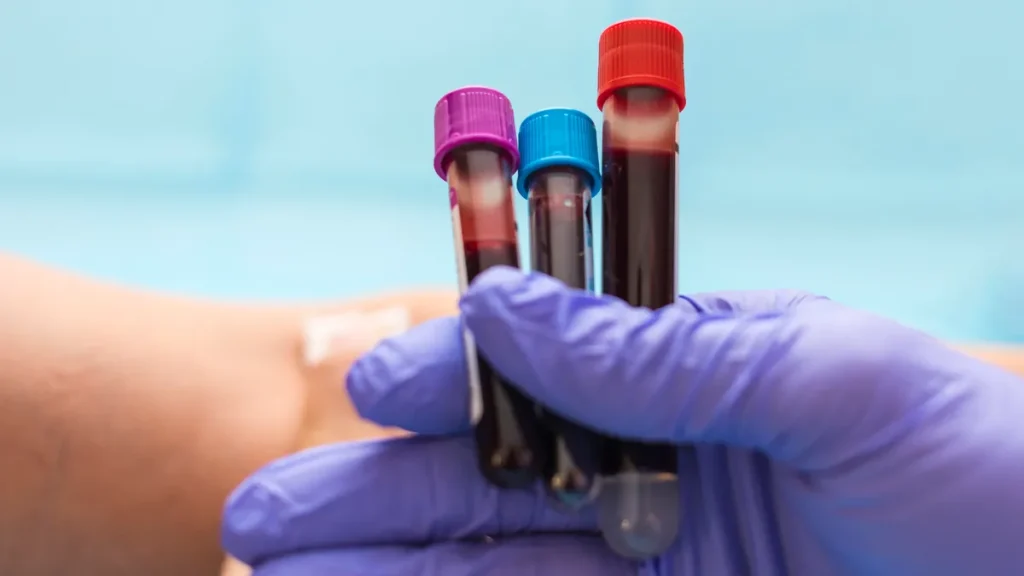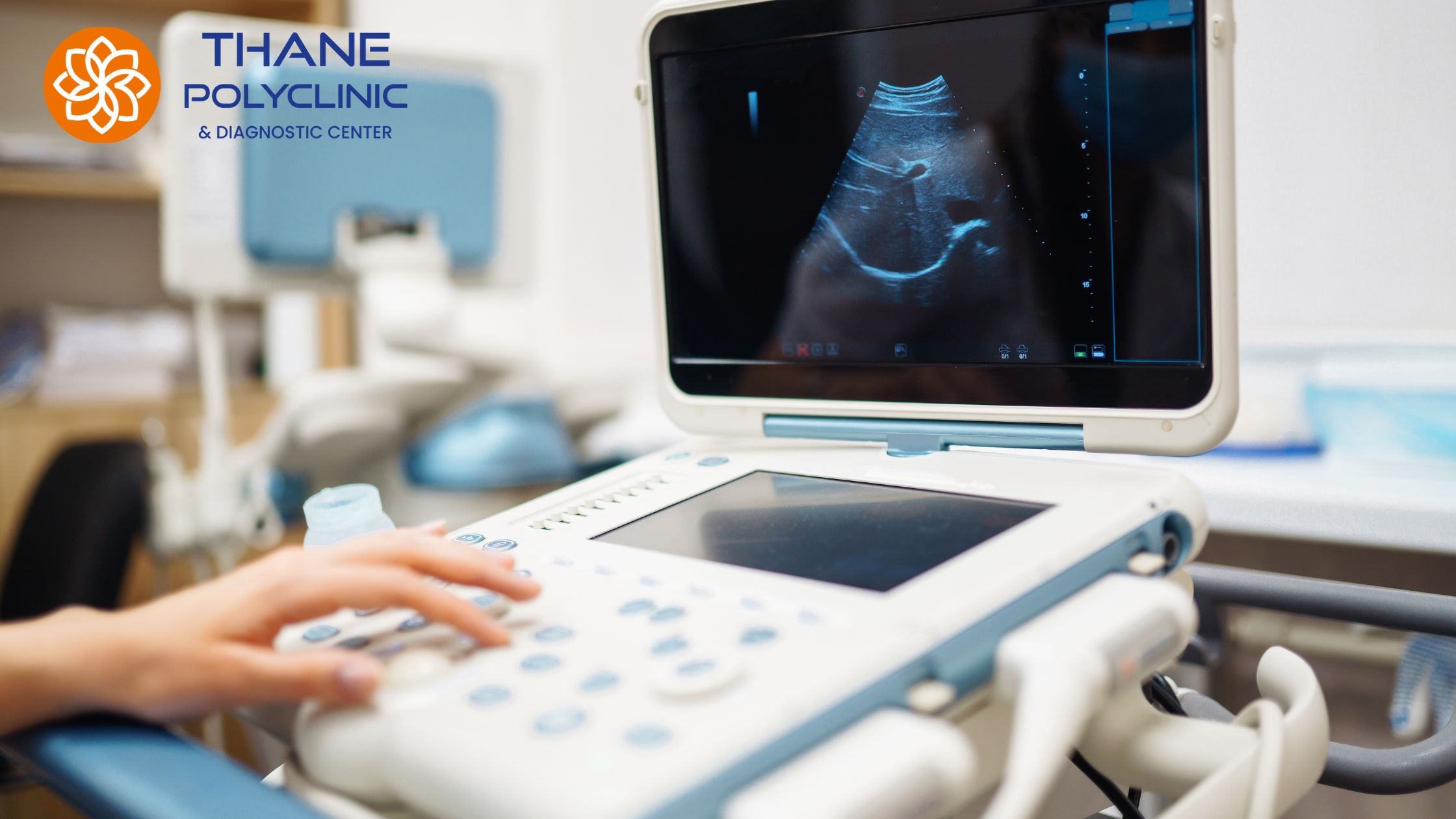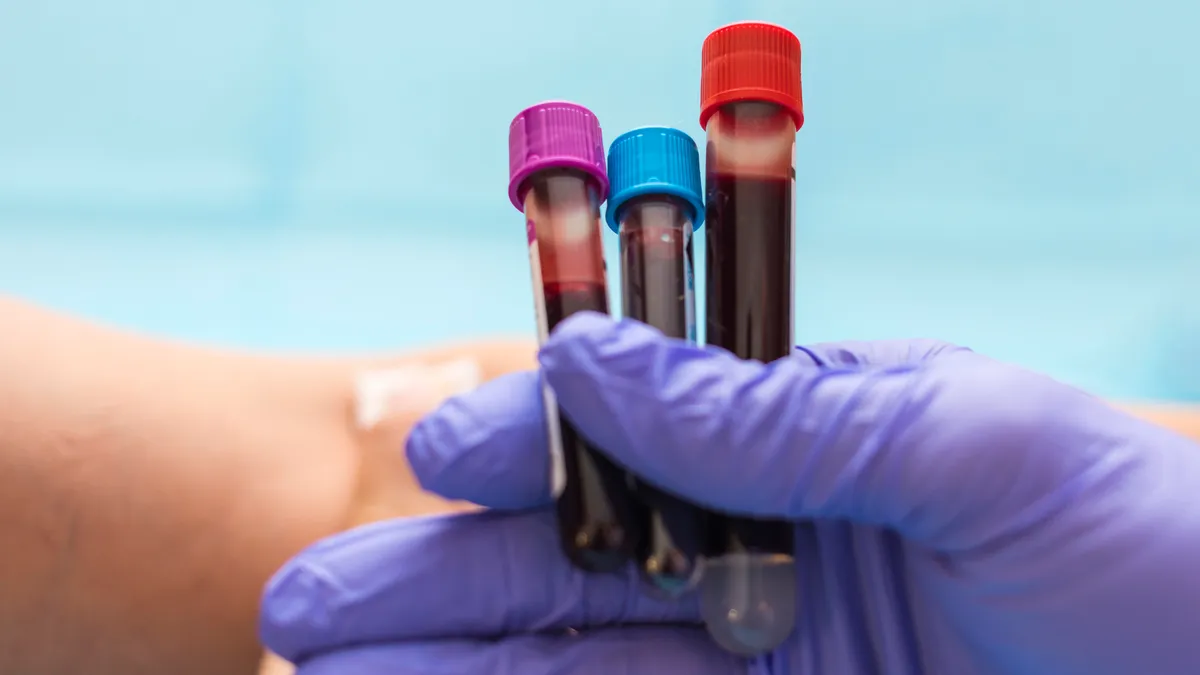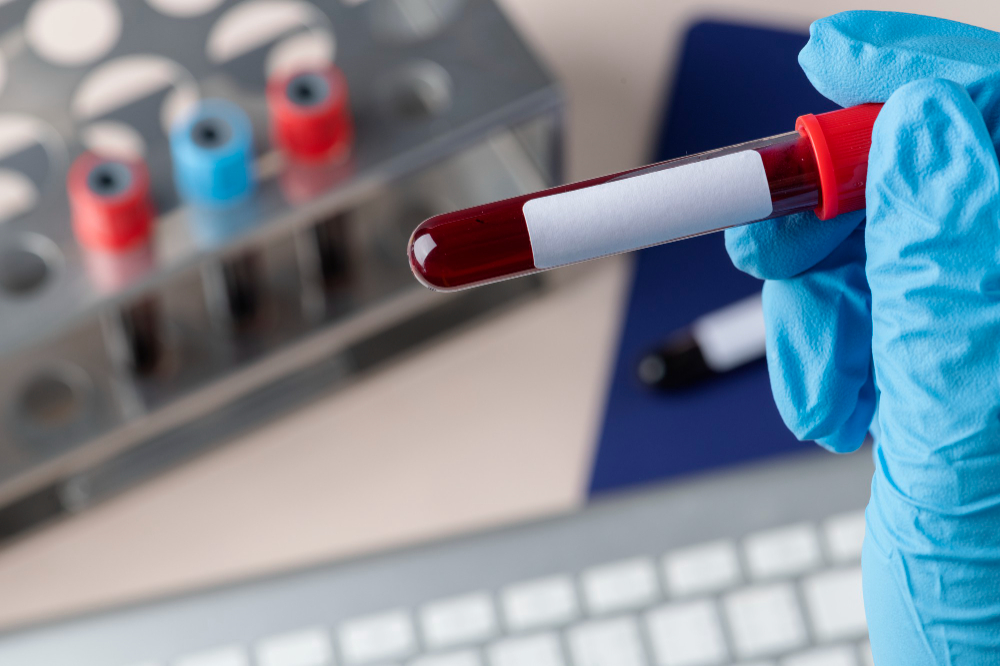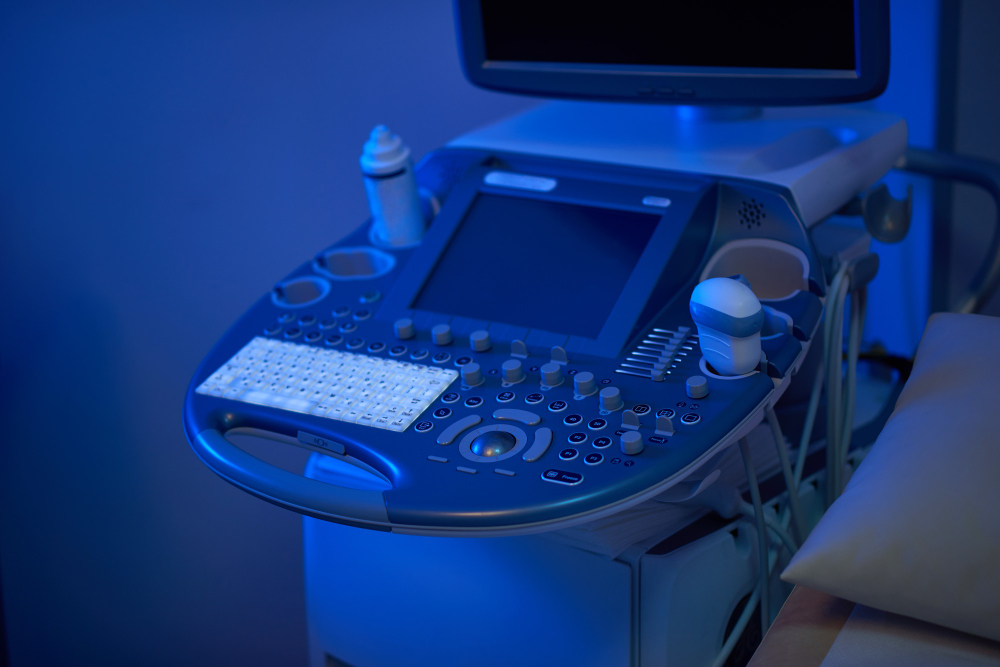Introduction
“Doctor, do I need to do all these blood tests? I feel perfectly fine!”
This is one of the most common questions patients ask before surgery. And honestly—it’s a fair question. On the surface, blood tests can feel like an extra step, another thing to tick off before the big day. But for your doctor, these tests are not just boxes to check—they’re lifesavers.
Imagine going on a road trip. You wouldn’t hit the highway without checking if your car has fuel, working brakes, and good tyres. Surgery is very similar. Before the procedure, your doctor wants to make sure your body is ready for the journey. And the way they “look under the hood” is through blood tests.
At Thane Polyclinic, we’ve seen how these simple tests can change everything. A patient may look perfectly healthy, but a blood test could reveal something that needs attention—like low haemoglobin, high sugar, or kidney stress. By finding out early, we can plan better and keep the patient safe.
And the best part? You don’t even have to travel to a hospital to get these tests done anymore. With blood test at home in Thane, we bring the care to you—right at your doorstep, with the same accuracy and trust you’d expect in a clinic.
Let’s walk through why these blood tests are so necessary, what doctors look for, and how this one step can make your surgery much safer.
Why Blood Tests Matter So Much Before Surgery
Let’s pause and picture this:
Mr. Deshmukh, a 62-year-old from Thane, was scheduled for a knee replacement. He was excited to walk pain-free again finally. To him, the surgery was the only important thing. But when his pre-surgery blood test came back, doctors noticed his blood sugar was very high. If he had gone into surgery without fixing that, he would have been at much higher risk of infection and slow healing.
Thanks to the test, the doctors adjusted his treatment, brought his sugar under control, and only then proceeded with the surgery. Today, he’s walking happily and safely.
That’s the power of a simple blood test.
Here’s why it matters so much:
- It catches silent problems. Many people don’t know they have anaemia, diabetes, or liver issues until a blood test shows it.
- It keeps anaesthesia safe. Anaesthetics affect the whole body, and doctors need to know your health markers before deciding the correct dosage.
- It prevents surprises. Blood clotting issues, kidney weakness, or hidden infections can turn into major complications if not detected early.
- It speeds up recovery. By knowing what your body needs, doctors can better guide you through post-surgery healing.
So while the surgery may feel like the “main event,” your safety is already being taken care of much earlier—through these tests.
The Blood Tests You’ll Likely Need Before Surgery
When a patient sees a list of tests, it can feel overwhelming. So let’s break them down in simple language, one by one.
1. Complete Blood Count (CBC)
- Think of this as your body’s “status report.”
- It shows if you’re low on red blood cells (which carry oxygen).
- It tells doctors if you have an infection.
- It shows if your blood will clot normally.
If your haemoglobin is low, doctors may give you supplements or delay surgery until it improves—because you need that oxygen supply to heal.
2. Blood Sugar Test
High sugar = slow healing + higher chance of infection.
If you have diabetes (or even borderline sugar), this test ensures doctors keep it under control before surgery.
3. Kidney Function Test (KFT)
Your kidneys act like filters. During surgery, medicines and anaesthesia put pressure on them. This test checks if your kidneys are ready to handle that.
4. Liver Function Test (LFT)
The liver is your body’s “detox factory.” Every drug you take is processed here. If it isn’t working well, your recovery could be risky.
5. Clotting Profile (PT/INR)
Nobody wants too much bleeding during surgery—or dangerous clots. This test makes sure your blood clots just right.
6. Blood Grouping & Cross-Matching
Simple but vital. If you ever need a blood transfusion during surgery, your blood type will already be on record.
7. Electrolytes (Sodium, Potassium, Calcium)
Tiny changes in these salts can affect your heart rhythm. That’s why doctors always check them.
8. Special Tests (Case by Case)
Some patients may need thyroid tests, viral screenings, or heart-related blood markers, depending on their history.
What Doctors Really Look For in Your Reports
A patient once told me, “Doctor, when I see my blood test report, I only see numbers and abbreviations. How do you even understand all that?”
Here’s the truth: those numbers are like pieces of a puzzle. When doctors put them together, they see the bigger picture of your health.
They’re asking questions like:
- Is there an infection hiding somewhere?
- Is the blood healthy enough to carry oxygen during surgery?
- Will this patient’s blood clot properly?
- Is their sugar under control for smooth healing?
- Are the kidneys and liver strong enough for medications?
The answers to these questions tell doctors exactly how to keep you safe.
The Comfort of Getting a Blood Test at Home in Thane
Now, imagine this. You’re already nervous about your surgery. The last thing you want is to stand in a long hospital line for a blood test.
This is why the blood test at home in Thane has been such a blessing for patients. A trained technician comes to your home, collects your sample gently, and leaves. That’s it. You don’t have to step out, you don’t waste time, and you don’t add stress.
Here’s what patients tell us they love about it:
- “I didn’t have to drag my elderly father to a lab.”
- “The reports came to my phone within hours.”
- “I felt safer at home, especially after my surgery.”
At Thane Polyclinic, we make sure the process is not just easy but also accurate and trustworthy—because these results decide how doctors plan your surgery.
Why Thane Polyclinic?
At Thane Polyclinic, we see every patient as a person, not just a report. Preparing for surgery is stressful enough—we don’t want tests to add to that stress.
Here’s what we promise:
- Home collection in Thane by kind, trained professionals.
- A wide range of tests your doctor may recommend.
- Fast and reliable reports—because nobody likes waiting.
- Consult a doctor for guidance if you want help understanding your results.
We’ve walked this journey with thousands of patients, and our focus is always the same: your safety, your comfort, and your peace of mind.
Conclusion: The Small Step That Makes the Biggest Difference
When most people think of surgery, they think of the operation itself—the surgeon, the hospital, the recovery. But behind the scenes, what makes surgery safe often comes down to small but powerful steps like blood tests.
These tests are not “just formality.” They are the reason doctors can protect you, prevent risks, and give you the best possible outcome.
So if you or your loved one has an upcoming surgery, take this step seriously. It could make all the difference.
And remember—you don’t have to do it the hard way. With a blood test at home in Thane from Thane Polyclinic, we make this vital step easy, comfortable, and reliable.
Because at the end of the day, surgery isn’t just about getting through the operation—it’s about coming out stronger, healthier, and ready to live life fully.
Book your blood test at home in Thane with Thane Polyclinic today. Your safety begins with this simple step.


